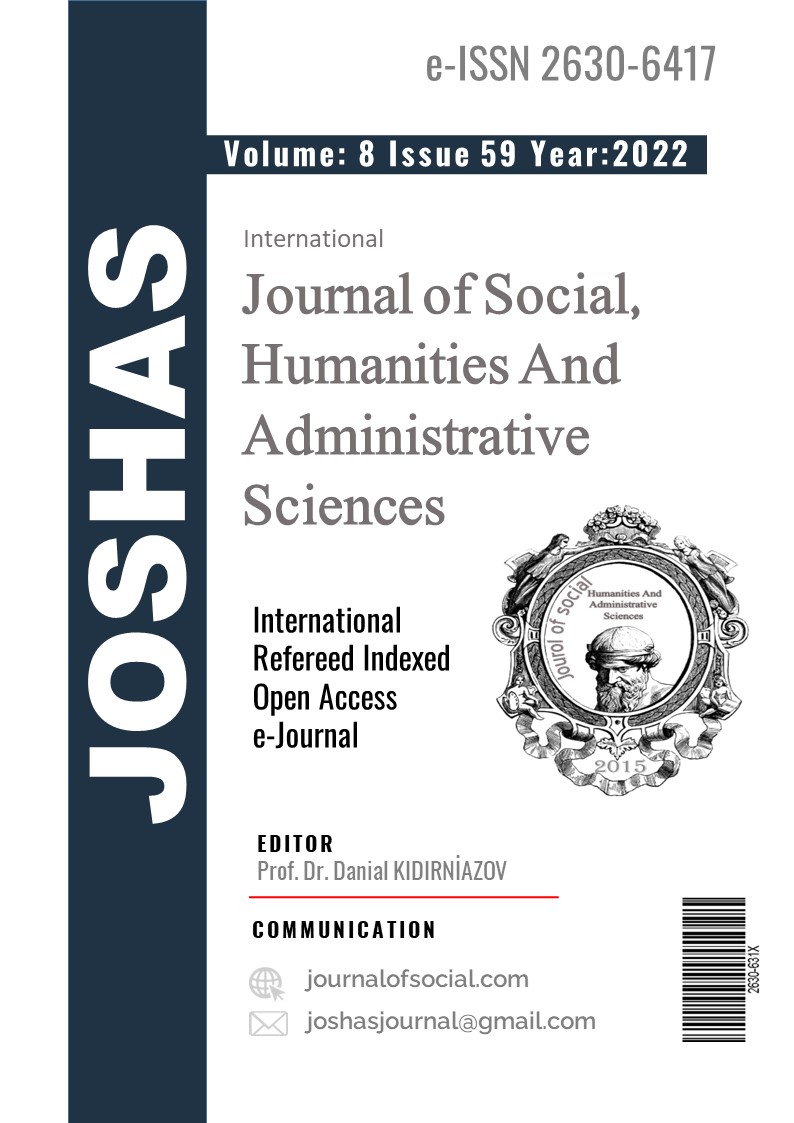Author :
Abstract
Her bilim dalında olduğu gibi psikoloji de yıldan yıla gelişim göstermiş ve yeni kuramların ortaya çıkmasıyla kullanılan terapötik yöntemler derinlik kazanmıştır. Önceleri sadece aynı ortamda ve yüz yüze gerçekleşen psikoterapiler, günümüzde online platformlarda oldukça sık kullanılmaktadır. Çevrimiçi psikoterapi olarak ifade edilen bu yöntem, hem psikolog hem de danışan için yüz yüze psikoterapilere kıyasla sağladığı birçok avantaj bakımından öne çıkmaktadır. Bu durumun aynı zamanda terapinin sürekliliğine de katkı sağladığı bilinmektedir. Günümüzde olan ve gelecekte var olabilecek teknolojilerin psikoterapi alanına nasıl yansıdığını öngörmeye ve sürecin etik ilkelere uygun olup olmadığını teorik açıdan inceleyen bu çalışma, internet tabanlı teknoloji, giyilebilir teknoloji ve yapay zekayı baz alarak gerçekleştirilmiştir. Literatür incelendiğinde çalışmalar geleneksel uygulamaların hakimiyetini sürdürmesi beraberinde, internet tabanlı ve giyilebilir teknolojilerin psikoterapi alanına etkisinin yüksek olduğu görülmüştür. Derin öğrenmeye sahip bir yapay zekâ var olmasa da oluşturulan insansı robotlar duygularımızı ve tercihlerimizi harekete geçirecek gibi görünmektedir. Araştırmalarda elde edilen sonuçlara göre çevrimiçi ortamda yapılan psikoterapiler etik bir risk barındırmamakla birlikte yetersiz kalabilmektedir. Diğer taraftan çevrimiçi psikoterapilerin, terapiye ulaşımın zor olduğu durumlarda ve bazı kişiler için olumlu algılanması sebebiyle kullanılabilirliği yüksek görünmektedir. Teknolojinin yeni dalları olan giyilebilir teknolojilerin de psikoterapiye faydalı şekilde entegre edilebileceği çalışmalarla gösterilmiştir. Her durumda etik kurallar çerçevesinde risklerin hesaplanması, terapist ve danışan ilişkisinin koruması psikoterapinin ilkeleri bakımından yararlı olacaktır.
Keywords
Abstract
Psychology, like any branch of science, has evolved from year to year and the therapeutic methods used have deepened with the advent of new theories. Psychotherapies, which previously took place only in the same environment and face-to-face, are now used quite frequently on online platforms. This method, defined as online psychotherapy, stands out in terms of the many advantages it provides for both the psychologist and the client compared to face-to-face psychotherapies. This situation is also known to contribute to the continuity of the therapy. This study, which theoretically examines how current and future technologies are reflected in the field of psychotherapy and whether the process is in accordance with ethical principles, is based on internet-based technology, wearable technology and artificial intelligence. When the literature was examined, it was observed that internet-based and wearable technologies have a high impact on the field of psychotherapy, while traditional practices continue to dominate. Although there is no artificial intelligence with deep learning, the humanoid robots created seem to mobilise our emotions and preferences. According to the results obtained in the studies, psychotherapies conducted online do not pose an ethical risk and may be inadequate. On the other hand, the usability of online psychotherapies seems to be high in cases where access to therapy is difficult and because it is perceived positively for some people. Studies have shown that wearable technologies, which are new branches of technology, can also be usefully integrated into psychotherapy. In any case, calculating the risks within the framework of ethical rules and protecting the therapist-client relationship will be beneficial in terms of the principles of psychotherapy.





